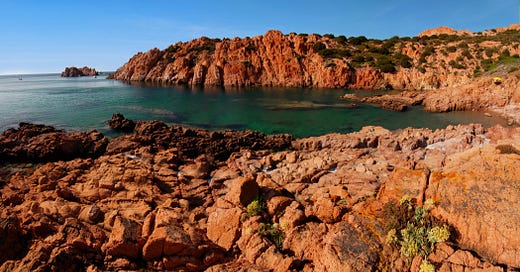When we first heard about Sardegna, Italy, we were not interested in the luxury hotels, mega-yachts, and billionaire hideaways of the Costa Smerelda. I didn’t know of this bombastic side of the Mediterranean’s second-largest island (after Sicily,) where Russian oligarchs had recently encountered the impact of Europe’s sanctions and been frozen out of th…
Keep reading with a 7-day free trial
Subscribe to Wanderland to keep reading this post and get 7 days of free access to the full post archives.



